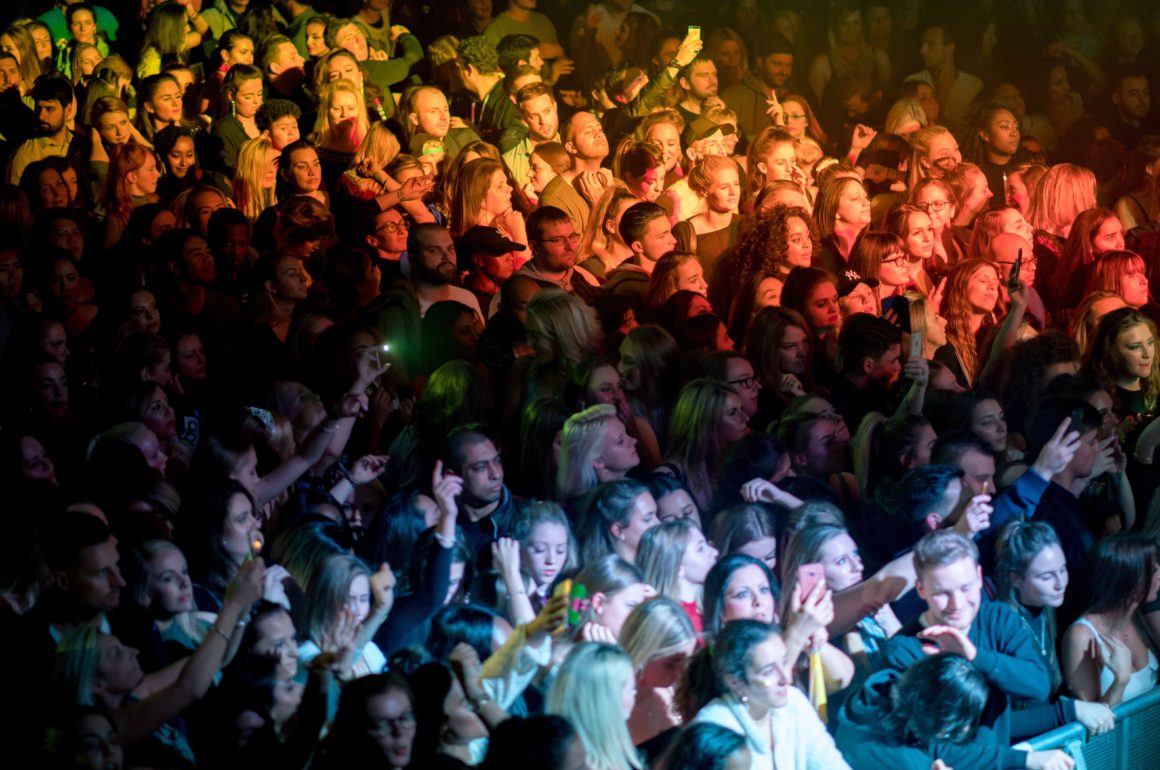The forgotten half of spiritual formation

All of this is spiritual formation 101.
But there is a part of our formation that is nearly invisible to us, that we too often neglect when we think about and engage in the practices of spiritual formation. God’s program of formation by his Spirit is not the only program on offer. God’s will is not the only will operating in the sphere of our world. We are malleable creatures, constantly being shaped and re-shaped by forces around us all the time. Some of these forces are ones to which we consciously submit ourselves, and many more operate on a level beneath the conscious, putting weight on what we believe to be true, how we think and feel about our life, about what is worth loving, and about what is worth living for.
Consider these words of James K. A. Smith:
[su_quote]”Because our hearts are oriented primarily by desire, by what we love, and because those desires are shaped and molded by the habit-forming practices in which we participate, it is the rituals and practices of the mall—the liturgies of mall and market—that shape our imaginations and how we orient ourselves to the world. Embedded in them is a common set of assumptions about the shape of human flourishing, which becomes an implicit telos, or goal, of our own desires and actions…Liturgies [shaping patterns of behavior that we engage in over and over]—whether “sacred” or “secular”—shape and constitute our identities by forming our most fundamental desires and our most basic attunement to the world. In short, liturgies make us certain kinds of people, and what defines us is what we love. They do this because we are the sorts of animals whose orientation to the world is shaped from the body up more than from the head down. Liturgies aim our love to different ends precisely by training our hearts through our bodies. They prime us to approach the world in a certain way, to value certain things, to aim for certain goals, to pursue certain dreams, to work together on certain projects.” James K. A. Smith, Desiring the Kingdom[/su_quote]
These shaping forces are everywhere: in our homes, our workplaces, our churches, the places where we recreate and where we shop. Like it or not, consciously or not, these forces are changing who we are. They are operating on us at the same level that Jesus is talking about when he says “The good man out of the good treasure of his heart brings forth what is good; and the evil man out of the evil treasure brings forth what is evil; for his mouth speaks from that which fills his heart.” (Luke 6:45)
Those people among whom we live and love are the greatest source of this formation—how they act and what they think and say about these things impacts us deeply. We are social animals, to varying degrees seeking agreement and harmony among the things that matter most and arranging our lives to live these truths together. But what if the people around us believe things that are not true?
Almost as powerful as these social forces are the stories in which we immerse ourselves. We are creatures made for story. They help us make sense of the world and operate on us at levels far deeper than the merely rational. We pay attention to the supposedly truthful stories about what is happening in our world and how we should think and feel about those stories that we receive from the countless news sources now available to us. And we immerse ourselves in an endless stream of fictional stories that may or may not reflect the truth about human nature, about what is beautiful, about what is true, and about how the good life is to be lived.
Even if we consume these stories as “mindless entertainment” or skim the sharply biased news stories “just to keep up with what’s going on”, do we think they have no effect on who we are becoming?
Part of spiritual formation is putting in place intentional practices to put ourselves before God so that he can shape us. But we can’t ignore the formational power of of these other forces. It is essential for followers of Jesus to carefully discern the forces that are at work to shape us. Some of them are worthwhile, used by God for our good. Some of them we can avoid. Others we can’t or shouldn’t. Those that follow Jesus do not remove themselves from the world or shrink from holy engagement with the worst the world has to offer. We take heart, because he has overcome the world. We keep alert for these forces by his Spirit and searching prayer, remaining shrewd as snakes and as innocent as doves, taking every thought captive and making it obedient to Christ.
This is the good life lived in a world of shadow and light.









Leave a Comment